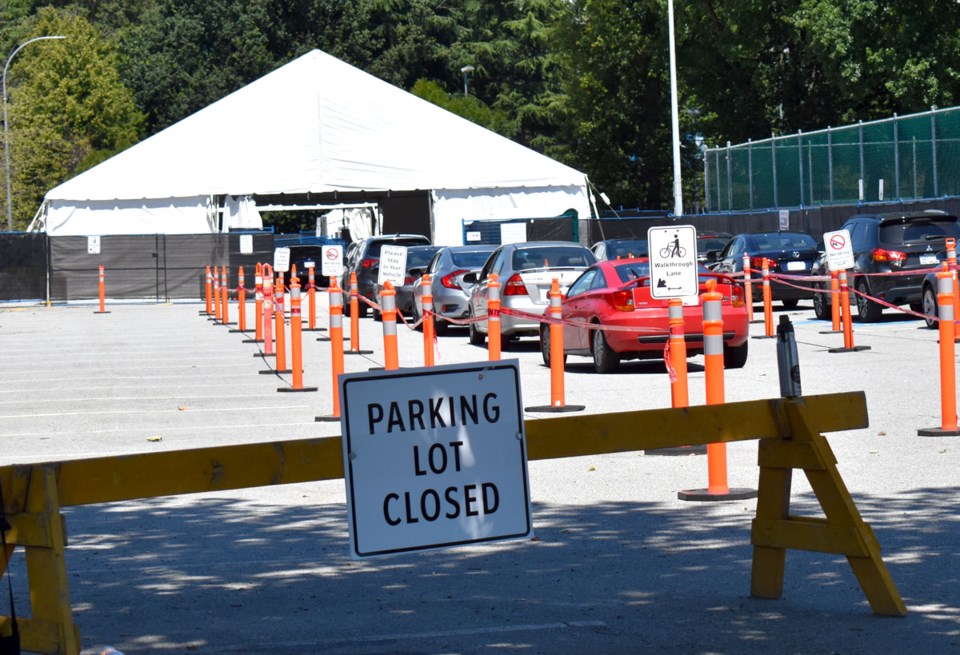Over 2,000 people are currently in isolation across the province after being exposed to confirmed COVID-19 cases.
Health officials reported Friday that 2,026 people are under “active public health monitoring,” an increase of 148 from Thursday, when 1,878 were in isolation.
A string of public exposure alerts has been issued recently for private parties, bars, restaurants, night clubs and stores across the Lower Mainland. Health officials also continue to flag flights through Vancouver for exposure to the virus.
Henry and Health Minister Adrian Dix said in a joint statement Friday that several bars, restaurants and nightclubs in the Vancouver Coastal Health region have been closed following transmission events, “some by public health order and others voluntarily.”
More than 70 new cases have been reported in B.C. over each of the past three days. On Friday, B.C.’s new cases totalled 84, and total active cases numbered 629.
Since late June, the majority of new cases have been driven by young people, particularly the 20 to 29 age group, as well as people in their 30s.
Henry has also cautioned that young people aren’t immune to long-lasting effects of COVID-19 – such as extreme fatigue and breathing difficulties – even if they were never hospitalized and their illness was relatively mild.
Meanwhile, the latest modelling by B.C.’s health agency, presented Thursday, suggests that the number of COVID-19 cases could soar to levels higher than was seen in April.
If the current rate of social contacts – which is sitting at 70 per cent of pre-pandemic levels – continues, B.C. could see over 100 cases a day by September. The province has recommended people keep their contacts to 60 per cent or lower in order to avoid a surge in cases.
However, Henry has noted that models aren’t firm predictions – rather, they suggest what can happen.
Henry and Dix urged British Columbians Friday to “stay strong and hold the line” this weekend.
“We have it within our ability to make the changes we need to bend our pandemic curve back down and continue in our B.C. restart, but it takes the combined efforts of everyone, not just a few.”
Earlier this week, the province announced it would be hiring 500 more contact tracers in preparation for a potential surge of the virus in the fall. The contact tracers should be in place by September.



